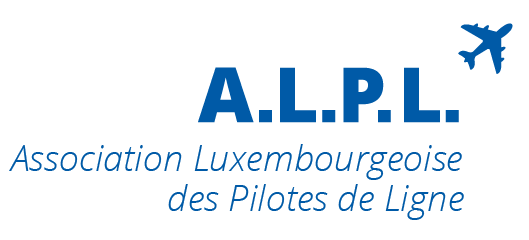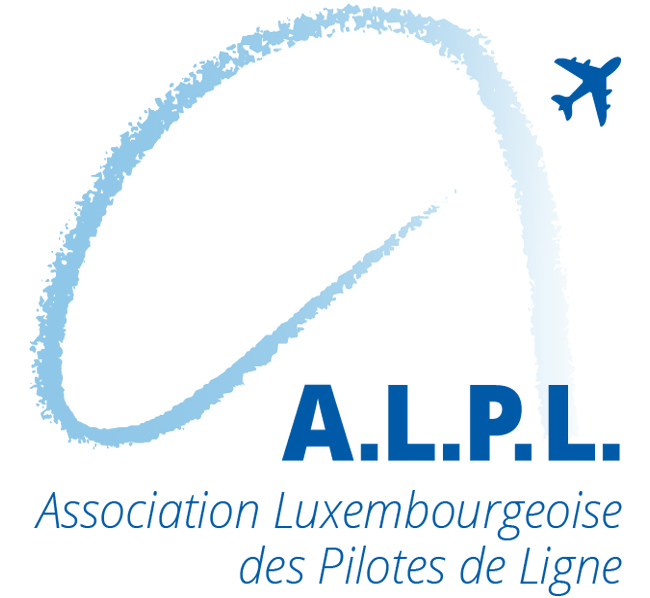Yesterday, on 11 Jan. 2018, numerous Ryanair pilot Company Council members, supported by their ECA Member Association officials as well as EERC members, met in Brussels at ECA HQ to discuss developments since Ryanair’s public announcement that it would recognise pilot unions and engage in collective negotiations.
In addition to updates on current talks between national unions and the company, Ryanair’s controversial attempt to exclude Ryanair contractor pilots (i.e. pilots on agency contracts) from being company council members or being represented in such talks was a major issue. Ryanair’s lack of response to several unions that have requested recognition talks with the company is another significant issue.
ECA Member Associations and their Ryanair pilot Company Councils expressed their willingness to further strengthen their exchanges and coordination. They also recommended to ECA to work towards setting up a transnational pilot coordination platform, based on tested and successful models existing for pilots in other transnational airlines.
“ECA Member Associations and their Ryanair pilot Company Councils expressed their willingness to further strengthen their exchanges and coordination”
Meeting participants discussed Ryanair’s controversial attempt to push through each Ryanair base a unilateral, non-negotiated Pay Rise Offer, which has several problematic strings attached to it and de facto side-lines the very unions that Ryanair claims to be willing to recognise. The EERC and national Company Councils recommend each pilot looks at the conditions and restrictions attached to these offers. The issue of ‘retrospection’ of any negotiated pay rise offer (i.e. back-dating them to e.g. 1 Sept.) was also raised as an important issue in any discussions about pay.
The meeting showed a high degree of unity and alignment among pilot representatives from across Europe. There is a determination and shared willingness to engage in constructive collective negotiations with Ryanair in all European countries where there are bases. However, these negotiations must take place outside the discredited management-imposed ‘ERC’ system and divisive base agreements.
It was agreed to share all national updates through the EERC communications channel. These will be available for all pilots that sign up to EERC online.
“The EERC and national Company Councils recommend each pilot looks at the conditions and restrictions attached to these offers.”
It was acknowledged and accepted that this will be a long journey. It will require a lot of patience from individual Ryanair pilots, as well as their continued support for and input into their Company Councils, their national pilot unions, the EERC and ECA.
What is now expected from Ryanair is a constructive and genuine engagement with its own pilots – be they employees or agency contractors – and with all pilot unions / associations that have requested and will request recognition and negotiations.




